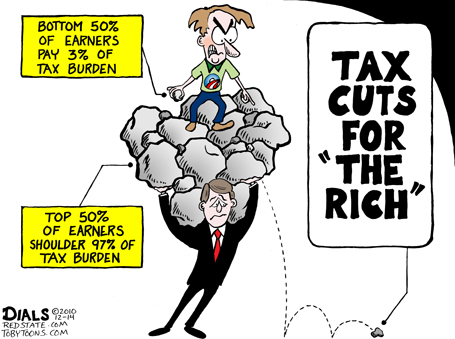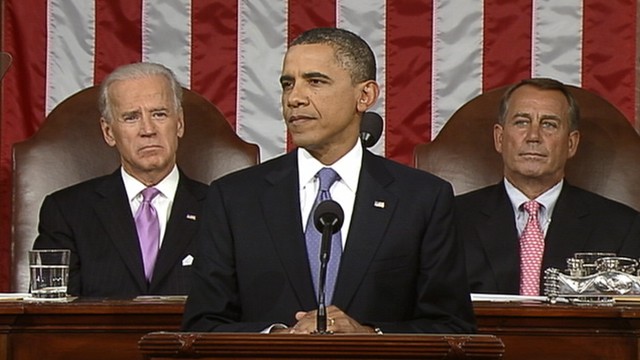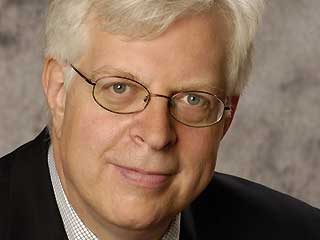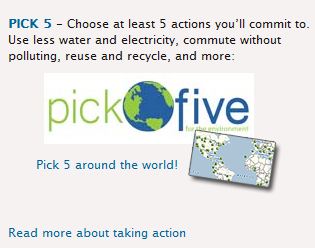(I’ve thought about blogging on the Transportation Security Administration’s new procedures, but every time I start another news story hits. At this point, there’s too much for one post, so I figured I’d get started.)
 The Transportation Security Administration (TSA) has implemented new procedures which include a special type of full-body X-Ray whose radiation is absorbed into your skin and the tissue just under the skin, to produce a naked image of the passenger, and/or the passenger must be patted-down including the passengers sexual organs.
The Transportation Security Administration (TSA) has implemented new procedures which include a special type of full-body X-Ray whose radiation is absorbed into your skin and the tissue just under the skin, to produce a naked image of the passenger, and/or the passenger must be patted-down including the passengers sexual organs.
One basic question about this is:
What’s the point of these new procedures?
Napalitano and the TSA says its necessary for safety.
For safety? Airport security was dramatically changed after 9/11. In the last 9 years, how many commercial plans have been successfully used in terrorism? 0. That means whatever’s been going on has had a 100% success rate.
“BUT THERE’S BEEN ATTEMPTS!” Certainly, there was the shoe bomber (Episcopal, right?), and now we take off our shoes to go through airport security. There was also the failed underwear bomber (Presbyterian I think?). There’s real questions about whether the new procedures would have even detected the underwear bomber’s device.
Further, these devices and pat-down-feel-ups will not detect anything hidden inside of one’s body.
So, as far as any information the public has, these new techniques will not improve on the 100% success rate we’ve had for 9 years without them.
Perhaps the government has other information that hasn’t yet been published on wikileaks. Perhaps we are under imminent threat by terrorists who will use on-the-skin devices to try to commit terror. Perhaps the only way we will be safe from known threats is to hit the terrorists with these new procedures. These new procedures were in place just in time for the busiest travel day of the year. If there’s ever times to use heightened security, it’s when there’s evidence of a threat at a specific time, or the busiest travel days of the year.
What better time to want to blow up a plane than when more people are flying, lines are backed up, everyone is stressed out and in a rush. It’s then that one would most easily slip through undetected.
And it was on the busiest travel days of the year that the TSA played a very sly hand and didn’t enforce the new procedures to deflate the threat of “Opt-Out Day” when many people were going to refuse the scan. When the threat was greatest, they stopped the procedures they said would keep us safe.
And no planes were used to crash into buildings. The standard procedures continued to be 100% effective.
I’ve heard Michael Medved and others write off concerns about this – it’s not that invasive, it’s not that embarrassing. But those aren’t the point. The point isn’t that you or I feel embarrassed, the point is that there’s constitutional issues here about unlawful search. The point is that the government is lying and in the name of security they’re testing to see how much freedom we’re willing to give up when promised safety.
Are you willing to take off your belt and your shoes? Yes.
Are you willing to have your bags x-rayed? Yes.
Are you willing to go through a metal detector? Yes.
Are you willing to be splashed with radiation that will increase your rates of infertility and cancer and/or be subjected to sexual assault by government employees?
Are you willing for your children to be splashed with radiation that will increase their rates of infertility and cancer and/or for your children to be subjected to sexual assault by government employees?
We do not forfeit our rights when we fly on a plane. The purchase of a product or service from a private company does not cause your civil rights to be terminated or suspended.
Clearly the issue is not about security. The TSA was very clever in playing up the concerns and then yanking out the rug from under”Opt-Out Day” so now everyone believes this was just media hype. In the process, the American people have agreed to submit themselves to sexual abuse by the government.
I thought we were supposed to be proud of the call “Give me liberty or give me death,” but instead we together chant “Give me liberty or take it away but tell me it’s for my own good.”














 The Transportation Security Administration (TSA) has implemented new procedures which include a special type of full-body X-Ray whose radiation is absorbed into your skin and the tissue just under the skin, to produce a naked image of the passenger, and/or the passenger must be patted-down including the passengers sexual organs.
The Transportation Security Administration (TSA) has implemented new procedures which include a special type of full-body X-Ray whose radiation is absorbed into your skin and the tissue just under the skin, to produce a naked image of the passenger, and/or the passenger must be patted-down including the passengers sexual organs.